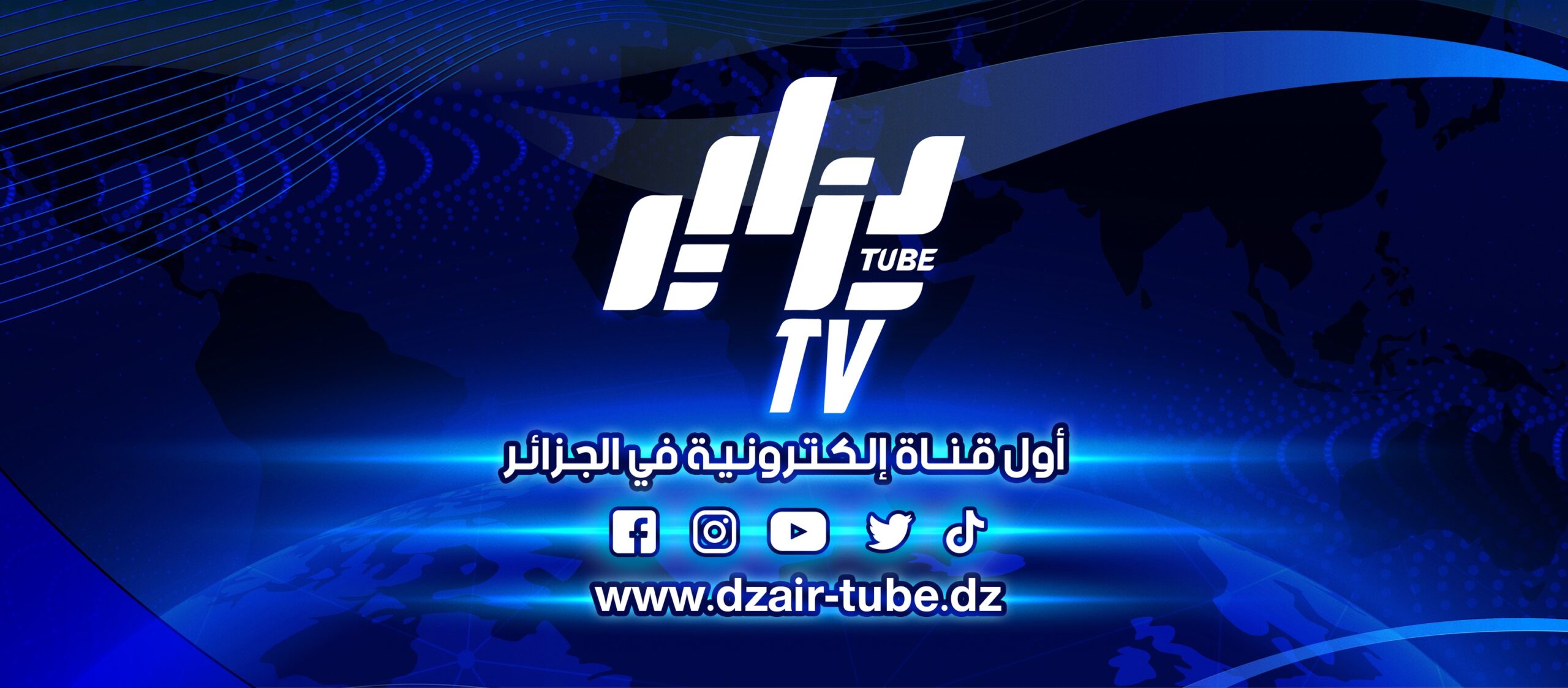BY: Dr. Hana Saada
Once reliant on hydrocarbons, Algeria accelerates its economic transformation, tripling non-oil exports, revitalizing agriculture and industry, and positioning itself for global competitiveness through reforms, innovation, and strategic partnerships.
Algiers, Algeria | April 19th, 2025 — In a decisive shift that is rapidly earning international recognition, Algeria is charting a bold and strategic course toward economic diversification—moving beyond its longstanding dependency on hydrocarbons and laying the foundation for a more resilient and competitive national economy.
This transformation was prominently highlighted in a recent article published by the World Bank Group on Friday, describing Algeria’s journey as an “audacious path” toward economic resilience. For decades, over 90% of Algeria’s export revenues came from its petroleum sector. Today, that paradigm is changing, propelled by deliberate reforms and a clear vision for the future.
According to the World Bank’s Algeria Economic Update for the Second Half of 2024, non-hydrocarbon exports have tripled since 2017, reaching $5.1 billion in 2023, which now represents 2% of the country’s GDP. Fertilizers, steel products, and cement have emerged as key export goods—marking a positive shift in expanding the nation’s economic base.
Yet, while promising, the current export portfolio remains limited, prompting experts to emphasize the need for deeper and broader efforts to diversify and expand export capacities. “At the heart of this transformation lies the Algerian Port Community System (APCS), launched in July 2021 and developed in collaboration with the World Bank,” explained Meriem Ait Ali Slimane, the institution’s lead economist. “The APCS is a landmark reform in Algeria’s trade infrastructure, proving that targeted reforms can have transformative economic impacts.”
Another cornerstone of Algeria’s evolving economic strategy is the 2022 Investment Law, which aims to attract both domestic and foreign investors. The law introduces a set of robust incentives, including tax exemptions, customs duty relief, and streamlined administrative procedures—facilitated by the newly established Algerian Investment Promotion Agency (AAPI). Through its digital platform, AAPI is simplifying investor access to land, information, and incentives, thus removing long-standing bureaucratic bottlenecks.
Agriculture, too, is reclaiming its vital place within the economic structure. The World Bank notes Algeria’s significant strides in fresh food exports, underpinned by its technical support in conducting market studies, assessing value chains, and promoting public-private dialogue. In parallel, targeted capacity-building programs—including study visits and training schemes—have significantly enhanced skills and coordination across industrial value chains such as cork and precision mechanics.
Despite these gains, challenges persist. The global shift toward decarbonization presents risks, particularly for Algeria’s carbon-intensive exports like fertilizers and cement, now under scrutiny by the European Union’s Carbon Border Adjustment Mechanism (CBAM). To maintain its momentum, Algeria must focus on boosting productivity, attracting more foreign direct investment (FDI), and greening its industrial processes.
Recommendations from the World Bank include adopting carbon pricing, diversifying export markets, and strengthening value chains in high-potential sectors such as renewable energy and information technologies. “Algeria possesses immense potential to diversify its export base and integrate into global value chains,” stated Kamel Braham, World Bank Country Representative in Algeria. “The current challenge is to capitalize on this momentum by removing structural barriers and enhancing competitiveness.”
Concluding its report, the World Bank emphasized that digitizing trade processes, building institutional capacities, and diversifying export portfolios are essential for sustainable growth. Encouragingly, Algeria is already taking proactive measures to reinforce its economic resilience. These include improving the business climate, facilitating access to finance, launching support programs for SMEs, cutting red tape to attract both foreign and local investors, and harnessing modern technologies to increase productivity and sustainability—particularly in agriculture. Moreover, the country is actively promoting innovation and technology adoption as engines of long-term development.
Algeria’s roadmap toward diversification is not just a policy choice—it is a national imperative. As reforms take root and results begin to unfold, the country is asserting itself as a rising economic force in the region, guided by a vision of self-sufficiency, innovation, and sustainable prosperity.

